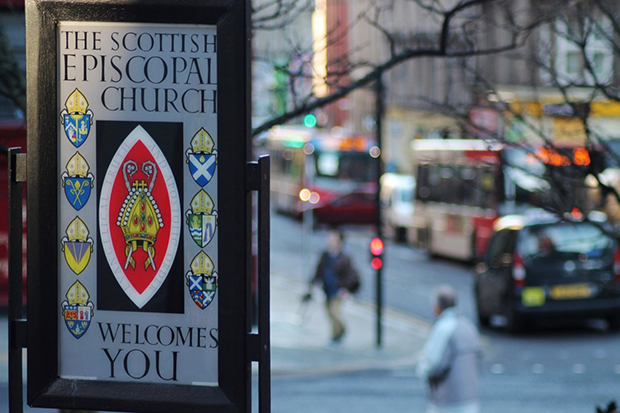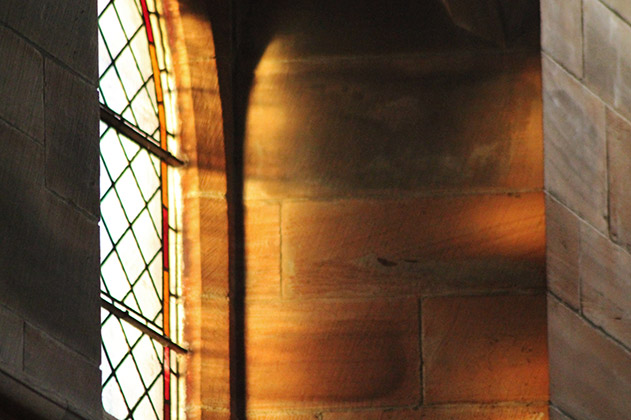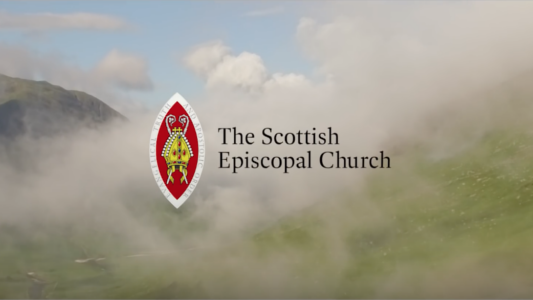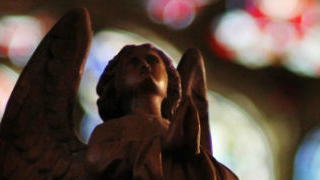Liturgy is the Church’s corporate worship, its common prayer.
Worship and prayer can happen wherever people are, at any time, and whether they are alone or with others.
But Liturgy is the structured and shared worship that Christians engage in when they are together – as Jesus said, ‘where two or three are gathered in my name.’
Liturgy’s rhythms – repentance, instruction, prayer, self-offering and thankful sharing – follow the shape of Jesus’ life and teaching.
The weekly remembrance of Jesus on Sunday – the day of his Resurrection – is set in the larger cycle of the liturgical seasons around Christmas and Easter.
Year upon year, the journey through this cycle can deepen our understanding of Christ and our calling as his disciples.
And this calling is not only for Sundays, as the liturgical pattern of Daily Prayer reminds us, at morning and at evening every day.
Liturgy is not utilitarian – it is not there to “recharge our batteries” or make us feel better, although it will often do this anyway. Liturgy is simply our common response of praise and thanksgiving to all that God is doing for us through Jesus.
Over time, Liturgy has developed distinct forms of proclamation and response. In the Episcopal and Anglican tradition it is structured by the ‘liturgies’ that are approved by our General Synod.
They can be seen online here.
For Episcopalians, Liturgy often means the celebration of the sacraments – the signs and symbols, in ordinary things like bread and wine, of what God is doing in Christ.
We believe that through his Holy Spirit God is present and active in the sacraments.
So we celebrate that God has made us members of his People through Baptism by water, and that we are nurtured by him as we share in the bread and wine of Holy Communion (or the Eucharist), the Body and Blood of his Son.
Liturgy expresses the rhythms of all human life: rest and renewal, death and birth, sadness and joy.
It can celebrated simply or elaborately, in speech or song, using traditional words or contemporary ones. It can take place in a church or in a different meeting place.
Liturgy can help Christians to feel themselves part of a community linked across the world and through the centuries in worshipping God and gaining a renewed sense of themselves and their place in God’s world.
Liturgy uses every part of us: our ears to hear, our voices to read and speak and sing, our bodies to stand, sit and kneel and to move to the altar for Communion.
We pray with our bodies; through movement and song the power of God’s Word becomes part of us. That is why Liturgy changes things, is transformative. It is the power of God for bringing about the kingdom of God.







